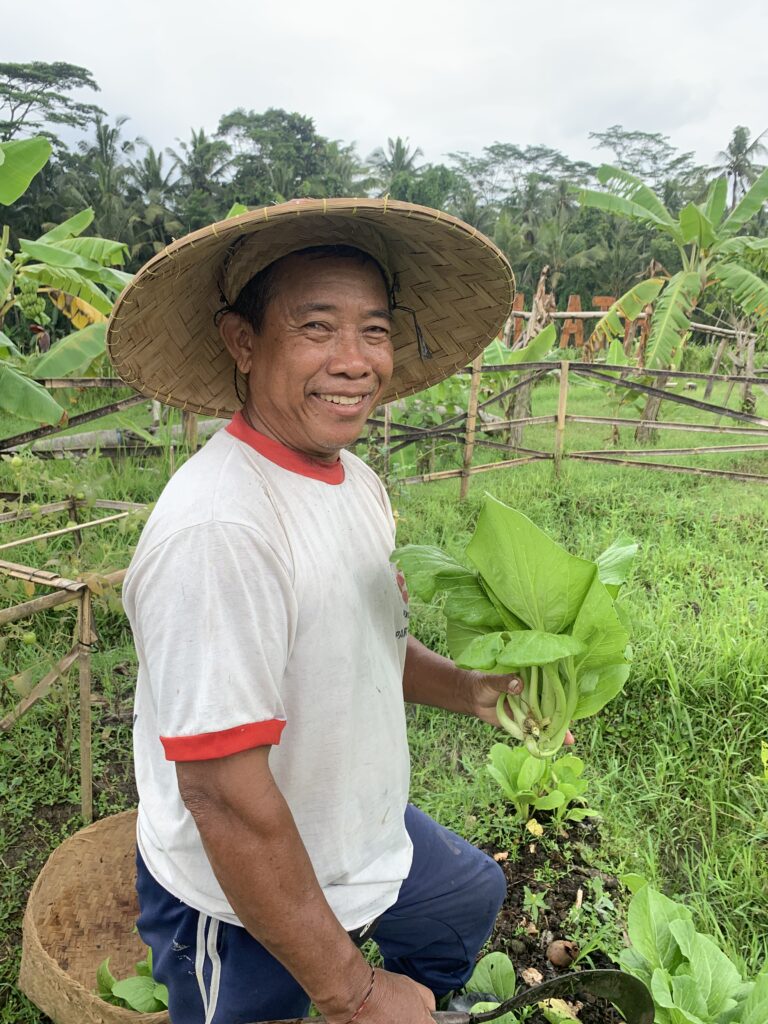Bali, renowned for its stunning landscapes and vibrant culture, is not only a paradise for tourists but also a burgeoning hub for investment opportunities. As parents of students at Empathy School, understanding the economic landscape of Bali can provide valuable insights into potential investment avenues that can offer both financial returns and contribute positively to the community and environment where your children are being educated.
In recent years, Bali has witnessed a significant transformation in its economic structure. Historically reliant on tourism, the island is now diversifying into other sectors such as agriculture, digital technology, and creative industries. This shift is driven by both local government initiatives and an increasing interest from international investors attracted by Bali’s growing market potential.
According to the latest business report published by the World Economic Forum, Bali is ranked as one of the top destinations in Southeast Asia for sustainable and community-based investments. The report highlights the island’s commitment to integrating economic growth with environmental stewardship and cultural preservation. (Source: “Southeast Asia Economic Outlook,” World Economic Forum, 2024).
While traditional tourism remains a cornerstone of Bali’s economy, there is a growing trend towards sustainable tourism. This sector focuses on minimizing environmental impact and maximizing community benefit. Investment opportunities include eco-resorts, wellness retreats, and cultural tour companies that offer authentic experiences while respecting local traditions and ecosystems.
Bali’s vibrant arts scene and burgeoning tech community make it an ideal location for investments in the creative and digital sectors. From startup incubators focusing on digital innovation to galleries and studios promoting local artists, these industries offer a blend of cultural and economic growth opportunities.
With an increasing global demand for organic and sustainably grown products, Bali’s agriculture sector presents substantial investment potential. Opportunities range from organic coffee and cacao plantations to aquaculture projects that leverage Bali’s rich marine biodiversity.
Given Bali’s commitment to reducing its carbon footprint, the renewable energy sector offers promising investment prospects. Projects focused on solar, wind, and bioenergy not only align with global sustainability goals but also promise long-term profitability due to the growing demand for clean energy solutions.
Investing in Bali requires an understanding of both the opportunities and challenges unique to the island. Regulatory environments, cultural nuances, and sustainable practices must be carefully considered to ensure that investments are both profitable and responsible. Engaging with local communities and stakeholders is crucial for the success of any investment, particularly in sectors directly impacting local livelihoods and environments.
Empathy School can serve as a valuable resource for parents interested in investing in Bali. The school’s extensive network within the local community and its commitment to sustainable practices provide a solid foundation for understanding and navigating the investment landscape. Furthermore, by investing in Bali, parents can contribute to the economy and community that play a significant role in their children’s education.


 Previous Post
Previous Post